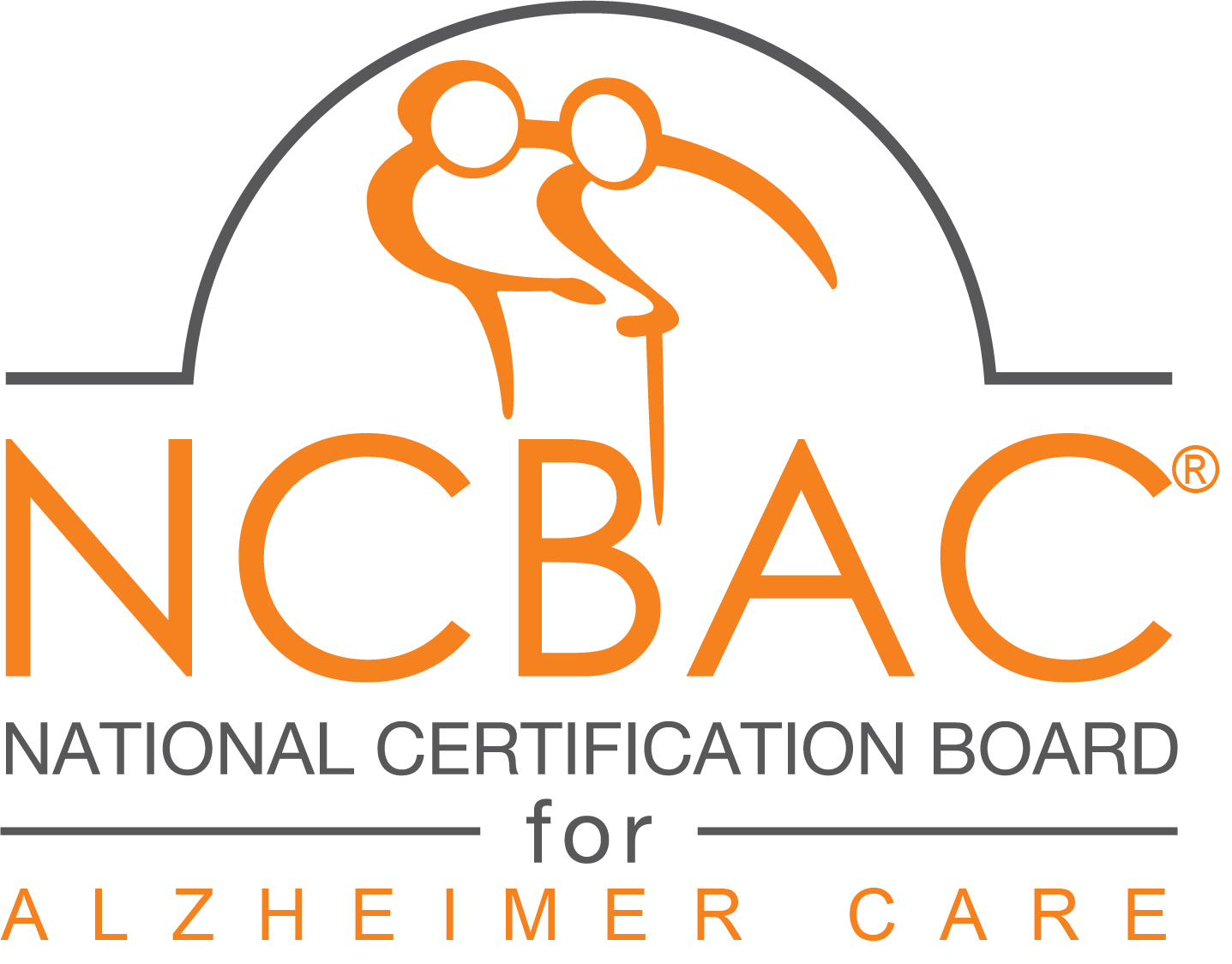Pat Summitt, the legendary University of Tennessee women's basketball coach, died today in Tennessee, the Pat Summitt Foundation announced this morning. She was 64.
Her son, Tyler Summitt, said in a statement, "She died peacefully this morning at Sherrill Hill Senior Living in Knoxville surrounded by those who loved her most."
Pat is survived by her mother, Hazel Albright Head; son, Ross “Tyler” Summitt (AnDe); sister, Linda; brothers, Tommy (Deloris), Charles (Mitzi) and Kenneth (Debbie).
